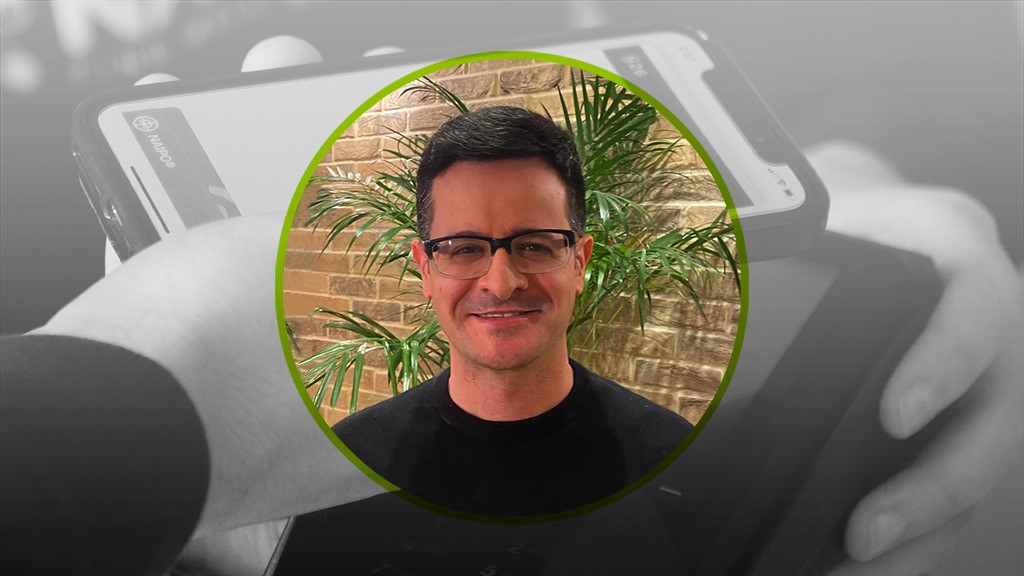
Oracle has announced a renewal of your healthcare solutions with improvements ranging from Generative AI service integration to new electronic health record capabilities in the cloud, through news in public APIs and back-office improvements specific to the healthcare sector.
The new platform Oracle Health EHR will offer self-service options that empower patients while reducing administrative and provider workloads. It offers intuitive, guided processes and, among other things, a secure patient portal. With it, they will have advanced document recognition services and computer vision. In this way they will be able to provide their health data, and do so with minimal manual data entry.
So, for example, they can upload a photo of their driving license and have their data filled in automatically on the platform. Also digitally sign HIPAA compliance forms. Thus, both patient and provider have access to the same data, and both errors and redundant work are reduced. The portal also allows patients to make appointments or check the results of their laboratory tests. In addition, they can do it by voice.
This platform is built on Oracle Cloud Infrastructure (OCI), and offers a high level of data security and access to AI technology. Customers who use it will be able to adopt its capabilities in a modular way in the period they prefer, and do so without reimplementation. Of course, we will have to wait a little to be able to have some of its functions, since the company has only clarified in this regard that some of them will be available over the next twelve months.
Oracle Health will make its clinical and financial resources available through public APIs. Such as vital signs, appointments and orders. These APIs, which meet all regulated requirements, will allow deeper integration with Oracle clinical solutions. In addition, the company’s clients and suppliers will be able to delve into their customizations.
With them, healthcare organizations will be able to take advantage of more solutions to solve business and healthcare problems. They will also be able to generate better experiences for staff and patients. As for developers, public APIs will allow them to increase workflows to review current medications, generate medication orders in the system and thus eliminate unnecessary cycles, improving results.
To access the APIs, you only need to have the Oracle Health console on the screen. The first set of APIs will be available for development testing in a public sandbox in late 2023. They will join the more than 165 standards-based public APIs that use Rapid Healthcare Interoperability Resources (FHIR). Some will take, however, up to 12 months to be available.
Apart from these news, Oracle has announced new generative AI services for healthcare organizations. Integrated with Oracle EHR solutions, Clinical Digital Assistant enables providers to leverage generative AI with voice commands to reduce manual work. It also facilitates self-service actions for patients, such as scheduling appointments, through voice commands. Doctors will also be able to use generative AI to automate note-taking and propose contextualized next actions, such as ordering medication, or scheduling analyzes and follow-ups.
Oracle is Also adding AI-powered workforce management capabilities to Oracle Fusion Cloud HCM, as well as various finance and supply chain improvements. These last two developments are manifested through new capabilities for healthcare in Oracle Fusion Cloud ERP, Oracle Fusion Cloud EPM and Oracle Fusion Cloud SCM. With them, disconnected systems can be consolidated and processes automated, while gaining flexibility to support new delivery models, such as telehealth or home care.



